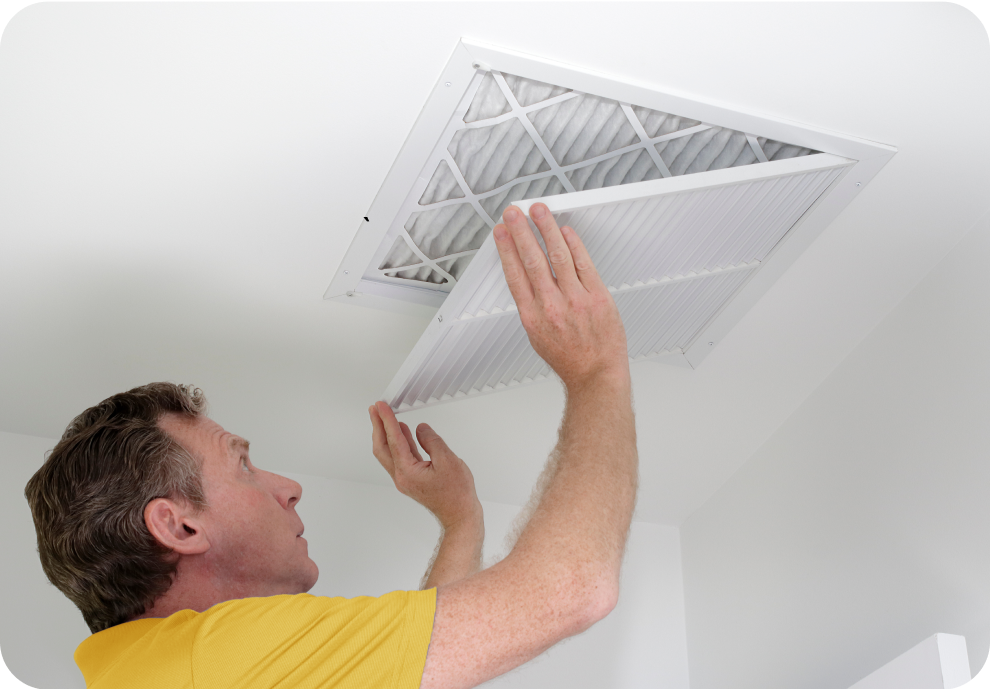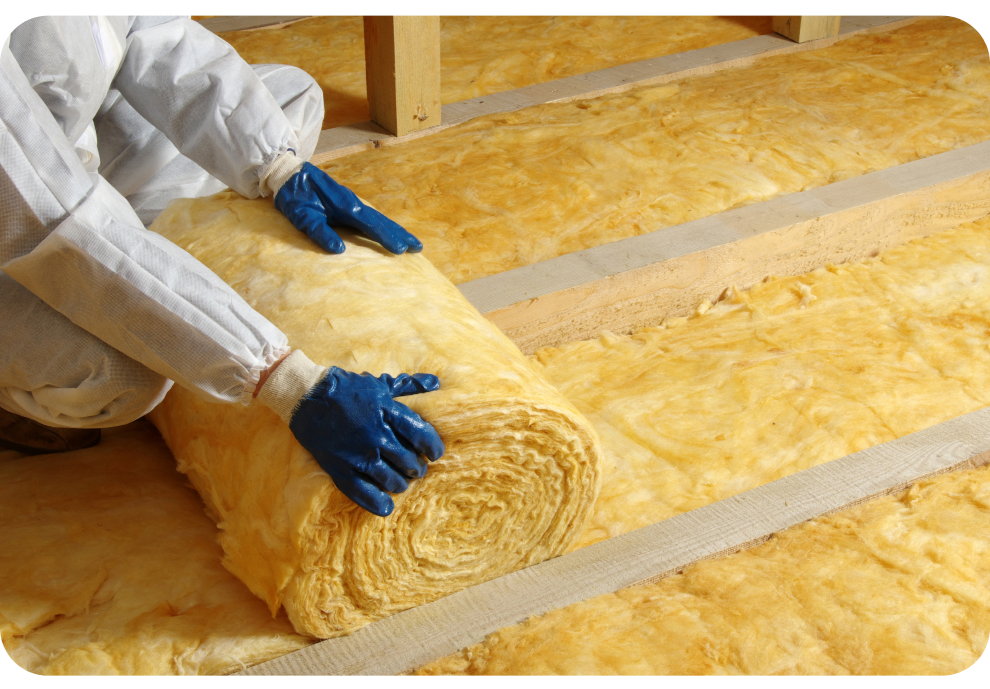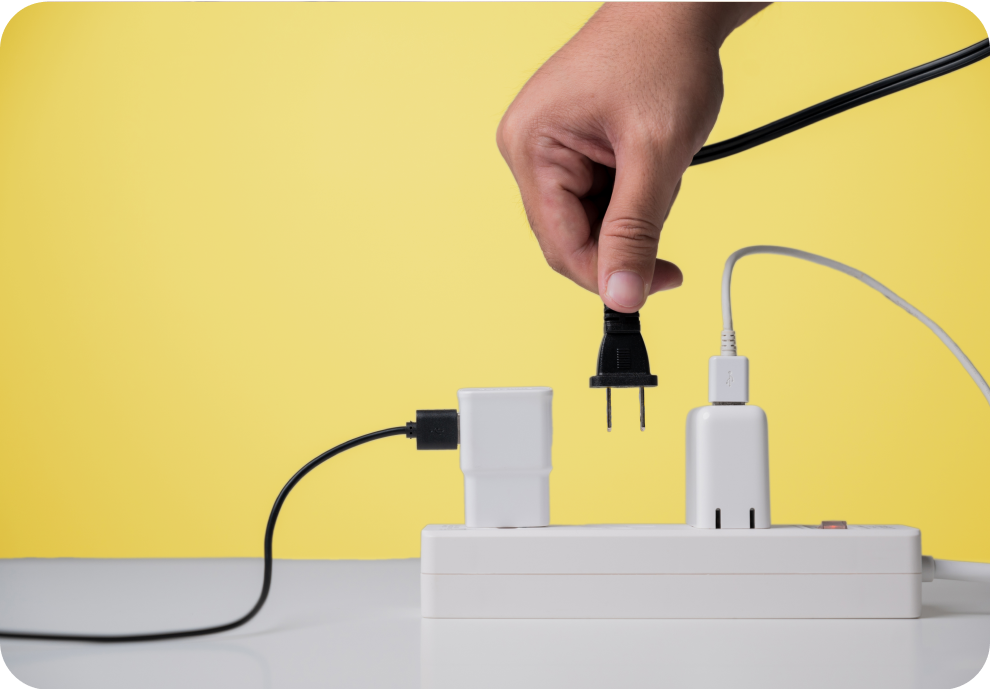MAKE YOUR A/C WORK SMARTER.
Optimizing your air conditioner is the best place to start when it comes to being energy efficient — and saving money — in the summer. Here are some ways to get the most from your A/C:
- Make sure your air conditioner is in optimal condition and have it serviced before summer starts. If your unit is old and inefficient, consider replacing it with an ENERGY STAR®-rated air conditioner.
- Clean your A/C’s air filter and any air vents. Pay extra attention during heavy-use months like June and July. At a minimum, change the filter every three months.
- Ensure that vents are not blocked by furniture to keep cool air circulating throughout your home.
- Use large, heat-producing appliances like your dishwasher, washing machine and dryer at night to avoid running your A/C overtime.
- Install a smart thermostat and let it learn your habits to make automatic energy-efficient adjustments.
- Set your ceiling fans to rotate counterclockwise to force cool air down.








